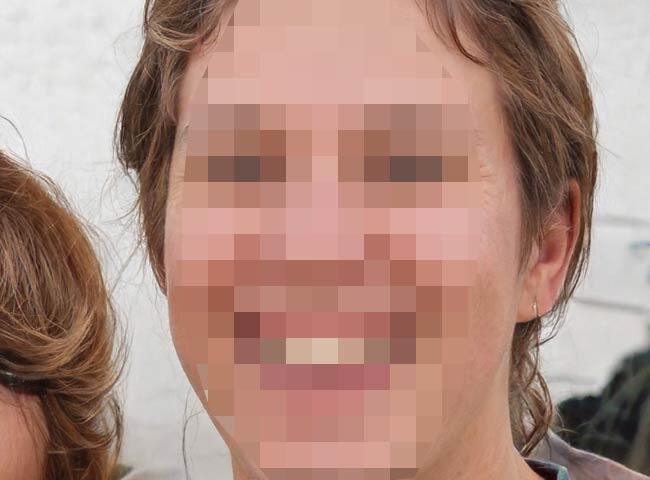Meet Destiny

Destiny's story
Electrolysis Support Fund recipient
Destiny (she/her) is a 30-year-old disabled trans woman seeking laser facial hair removal. Due to bipolar depression, she is unable to work and therefore afford this care. In addition, Destiny has severe gender dysphoria, and her facial hair makes her feel nihilistic about life. She has heard repeated disparaging and dehumanizing remarks from strangers in public due to her trans status, and her facial hair makes her feel unsafe because of the harassment she's endured.
Destiny often shaves to the point of her skin becoming raw in hopes that it will make a difference, but it doesn't—the 5 o'clock shadow is still there. "I am very excited about my new life where I don't have to shave and can look in the mirror and see a more feminine face looking back at me," Destiny shares.
Destiny is an empathetic person who always tries to help others in any way she can. She spends a lot of her time in online LGBT spaces where she offers words of encouragement and an ear to listen to anyone who needs to vent about life. She likes to offer people advice on how to deal with life's problems. She dreams that one day she will be able to help others on a larger scale.
Destiny's timeline
-
Award Granted
April 9, 2024
Destiny was awarded a grant toward permanent hair removal!
-
Care Received
June 5, 2024
A payment has been made toward Destiny's permanent hair removal!
-
Care Received
September 27, 2024
A payment has been made toward Destiny's permanent hair removal!
-
Care Received
March 24, 2025
A payment has been made toward Destiny's permanent hair removal!
About Hair Removal: Femme Award
On average, it costs $2,300+ for Destiny's care.
- What is it?
- Before care
- After care
What is it?
Point of Pride provides grants to trans femme people seeking hair removal on their face, neck, or an area of the body in preparation for bottom surgery.
What is life like for a person who needs this care?
For trans femme folks, particularly trans femmes of color, access to facial hair removal often equates to safety against anti-trans violence or discrimination. It's common for applicants to note issues with employment and public safety, particularly if their facial hair is dark or thick. Electrolysis and laser hair removal services are often deemed cosmetic and therefore not covered by health insurance plans.
What is the impact of this care on the recipient’s life?
Access to hair removal often leads to a more positive emotional well-being, increased confidence, increased safety when in public, and better opportunities at employment and more.
Your support funds healthcare that's
life-changing. Life-saving. Life-giving.